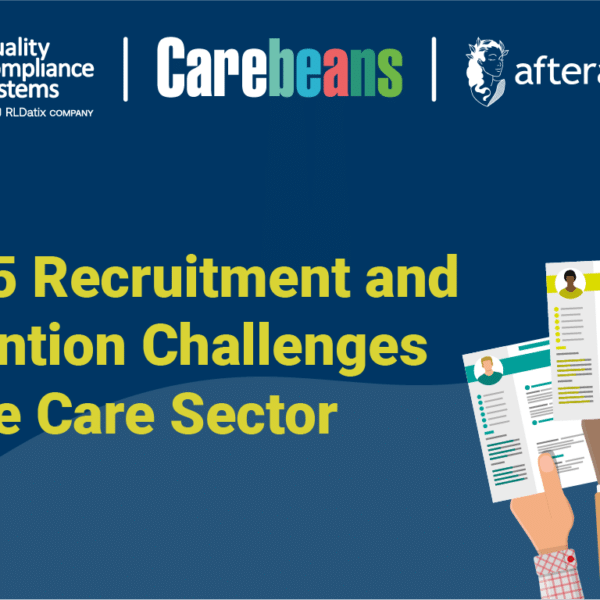Quality Compliance Systems (QCS), the UK’s leading provider of compliance management solutions for the care sector, has announced a strategic partnership with Borderless, a pioneering technology platform that simplifies immigration, sponsorship, and Home Office compliance for UK employers and sponsored workers.
QCS unrivalled expertise in CQC Compliance
This collaboration combines QCS’s unrivalled expertise in Care Quality Commission (CQC) compliance with Borderless’ deep knowledge of immigration and Home Office compliance, creating a one-stop solution for care providers looking to navigate the complex regulatory landscape with confidence.
As part of the launch, QCS customers will receive:
- A complimentary consultation with a Borderless in-house immigration expert
- 20% off selected monthly plans for the first 12 months
“This partnership addresses two of the most critical compliance challenges facing care providers today – CQC standards and Home Office regulations,” said Stefan Somersall-Weekes, Head of Marketing, QCS. “By working together, QCS and Borderless will give providers the tools and expert guidance they need to stay compliant while focusing on delivering outstanding care.”
What is Borderless?
Borderless’ all-in-one platform streamlines sponsor licence applications, offers 1-click visa processing, provides ongoing Home Office compliance management, and is backed by an expert immigration team. Care providers like Right at Home, Blissful Care, and We Care Group are already leveraging Borderless to streamline sponsorship, safeguard compliance, and confidently grow their teams.
The strategic partnership was spearheaded by Gavin Rubinstein, Partnership Lead at QCS and Will Murch, Head of Partnerships at Borderless.
Rubinstein commented, “This collaboration is a game-changer for care providers. It brings together two areas of compliance that are often challenging to manage, providing a comprehensive solution that ensures both CQC and Home Office standards are met seamlessly.”
Murch added, “By partnering with QCS, we are able to extend our reach and offer care providers an integrated approach to compliance. This partnership is about making the complex simple and ensuring that care providers can focus on what they do best — delivering high-quality care.”
Further Information
Learn more about our partners.
Find out how Borderless helps social care providers
Filter Posts:

QCS Partners with Borderless to Strengthen Compliance Support for UK Care Providers

Navigating Zero-Hours Contracts: Best Practice and the Employment Rights Bill

Unlocking the Potential of your Workforce – Engaging Apprentices

Adult social care vacancies reach a record high, a report suggests

Webinar Catchup: Overseas Recruitment the Right Way





